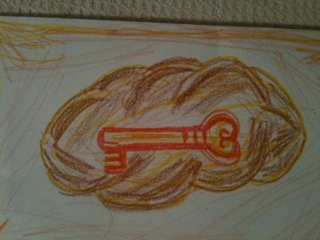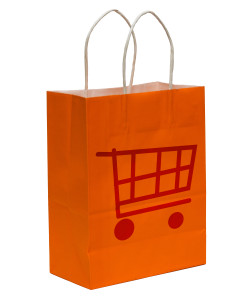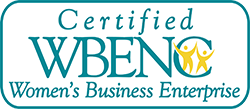Shlissel Hallah — Worldwide Hafrashat Hallah Tomorrow Morning
After seven or eight days of Matzah — the unleavened bread of affliction – the time comes for the first Shabbat dinner when we can indulge with the uncontested queen of all leavened breads—the Hallah, or, as you may, the Challah. The experience of baking Hallah at home borders on the spiritual, if only for being a celebration for our senses— the bursting-with-yeast aroma, the deep mahogany hue, the sweet flavor, and the soft, dreamy texture. Hallah is not just a loaf of bread. It’s a connection. It’s an experience that grounds us in the presence. As such, baking Hallah is a practice of mindfulness and gratitude. Serving it to family and friends, is a nice way to say ‘I love you.’ It also connects us to our past. Originated in the Ukraine, the tradition of baking Hallah in the shape of a key (Shilssel, in Yidish) or placing a key inside it for the first Shabbat dinner after Passover — has many meanings. Today many see this to symbolize the key for opening the gate of making a living (parnasa). Tradition has it that Manna stopped after Passover and Omer had started, which meant that we had to work the earth to make a living. Baking Hallah also connects us to our past. Tomorrow, many groups of bakers will connect like chain links when they bake Shlissel Hallah and participate in a worldwide Hafrashat Hallah. It is a triumph of sort that this worldwide observance of a Jewish tradition takes place the day after we remember the six million Jews who perished during the Holocaust. A friend of mine and I plan to join the worldwide Hafrashat Hallah tomorrow morning. Tweet us @tribesadozen if you would, too. Parnasa Tova!
Inspire and Be Inspired!





